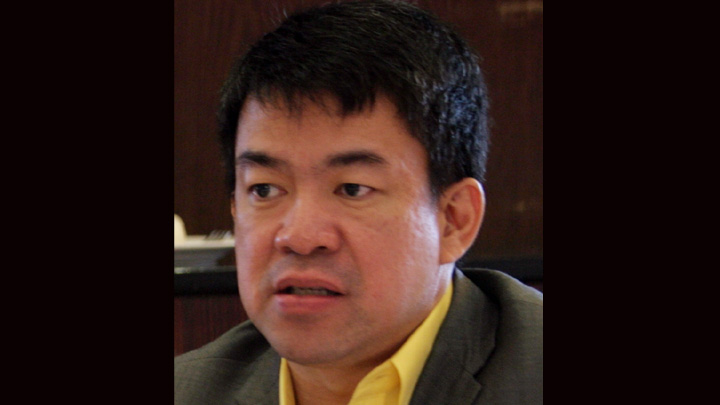Pimentel sees 10 million overseas Filipinos voting in 2016 elections
MANILA, Philippines – Senator Aquilino Pimentel III expects 10 million overseas absentee voters to cast ballots in the 2016 presidential election following the Senate’s ratification last week of amendments to the Overseas Absentee Voting Act.
Pimentel, chairman of the committee on electoral reforms and suffrage, sponsored the bill in the Senate and pushed for the removal of the provision in the old law requiring Filipino immigrants and permanent residents of other countries to issue an affidavit declaring an intention to return to the Philippines after being registered as voters under the OAV Act.
The removal of the provision was one of the amendments approved by the bicameral conference committee and ratified by the Senate.
The ratified bill also provides for Filipino migrants registering and voting through mail, both postal or electronic, fax, “and other secure online systems.”
“Last Tuesday was a red-letter day for the over 13 million overseas Filipinos as the Senate’s approval of the bicameral report means that all our hard work is close to bearing fruit with the eventual passage of the measure into law,” Pimentel said in a statement.
Article continues after this advertisement“Maybe not in this coming election in May, but once the OAV amendments take effect, overseas Filipinos may soon be able to register and vote using mail, whether postal or electronic, fax, and other secure online systems,” said Pimentel.
Article continues after this advertisementThe amended OAV Act would mandate the Comelec to put in place a system that would allow online registration and voting for the estimated 13 million overseas Filipinos remitting $20 billion a year.
Once the amendments are enacted into law with the signature of President Aquino, Pimentel said, having 10 million voters online and over 90-percent OAV turnout in 2016 would be a distinct possibility.
Pimentel said the Comelec was targeting a turnout of only one million OFWs in next May’s mid-term elections.
“In 2016, when Filipinos come together as one nation to decide on the next administration, one of our biggest legacies to voters around the world is an OAV law that offers flexibility in terms of new technologies,” Pimentel said.
Pimentel said that requiring overseas Filipinos to go to Philippine embassies or consulates to register and then vote was “untenable.”
Under the amended OAV Act, “the participation of overseas Filipinos in the election of national officials would be as easy as their turning on their computers and connecting to the Internet to register or to vote,” Pimentel said.
“That is as opposed to maybe absenting themselves from work, in the case of OFWs, in order to go to our Philippine embassies and consulates designated as registration or voting centers,” Pimentel said.
